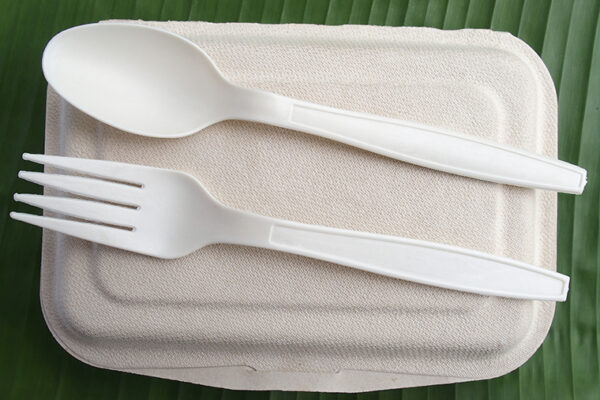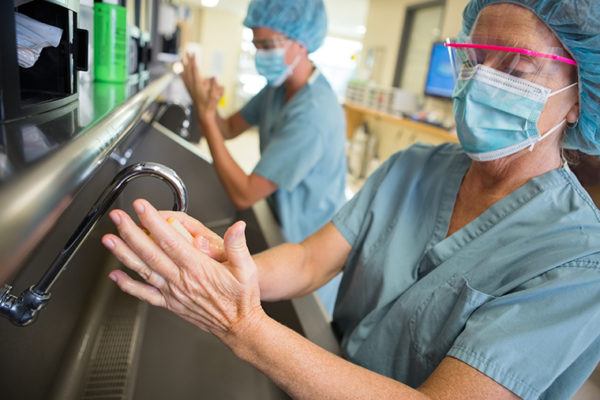Creating sustainable bioplastics from electricity-eating microbes
Researchers in Arts & Sciences at Washington University in St. Louis have figured out how to feed electricity to microbes to grow truly green, biodegradable plastic, as reported in the Journal of Industrial Microbiology and Biotechnology.
Bacteria in a changing environment
Petra Levin, professor of biology in Arts & Sciences, was recently awarded a $2 million grant to identify and characterize the molecular circuits that coordinate or limit the growth and reproduction of bacteria.
Gordon elected to American Philosophical Society
Jeffrey I. Gordon, MD, has been elected to the American Philosophical Society, founded in 1743 by Benjamin Franklin for the purpose of “promoting useful knowledge.”
Protein critical to gut lining repair
Scientists at Washington University School of Medicine
in St. Louis have identified a protein essential to repairing the
intestine’s inner lining.
Census of microbes in healthy humans reported
Some 200 U.S. scientists at Washington University School of Medicine in St. Louis and elsewhere detail findings from the most comprehensive census of the microbial make-up of healthy humans.
Study shows way to test health claims of probiotics
Washington University scientists have demonstrated a rigorous way to test the effects of probiotic bacteria on digestive health: they zeroed in on the community of microbes that naturally live in the intestine and help to digest foods our bodies can’t on their own.
Direct link found between diet ingredients and gut microbes
Two new studies showcase the dynamic relationship between components of the diet and the intestinal microbiome. The research provides a foundation for improving human health by designing diets and foods that enhance microbes’ ability to capture specific food ingredients or that enrich the presence of beneficial microbes.
Scientists grow personalized collections of intestinal microbes
School of Medicine scientists have shown they can grow personalized collections of human intestinal microbes in the laboratory and pluck out particular microbes of interest. The research sets the stage for identifying new probiotics and evaluating whether microbe transplants can restore the natural balance of intestinal bacteria in “sick” microbial communities.
Researchers find ways heat-loving microbes release energy
Jan Amend sampling shallow marine vent fluids in 2005 at Ambitle Island, Papua, New Guinea.Curiosity about the microbial world drove Jan Amend, Ph.D., associate professor of earth and planetary sciences in Arts & Sciences at Washington University in St. Louis, to Vulcano Island, Italy, a shallow hydrothermal Shangri-la near Sicily. There, Amend and his collaborators managed to examine the environment in depth, design a gene probe, and discover new life-which could have some big implications for the origin and presence of life on Earth. More…


